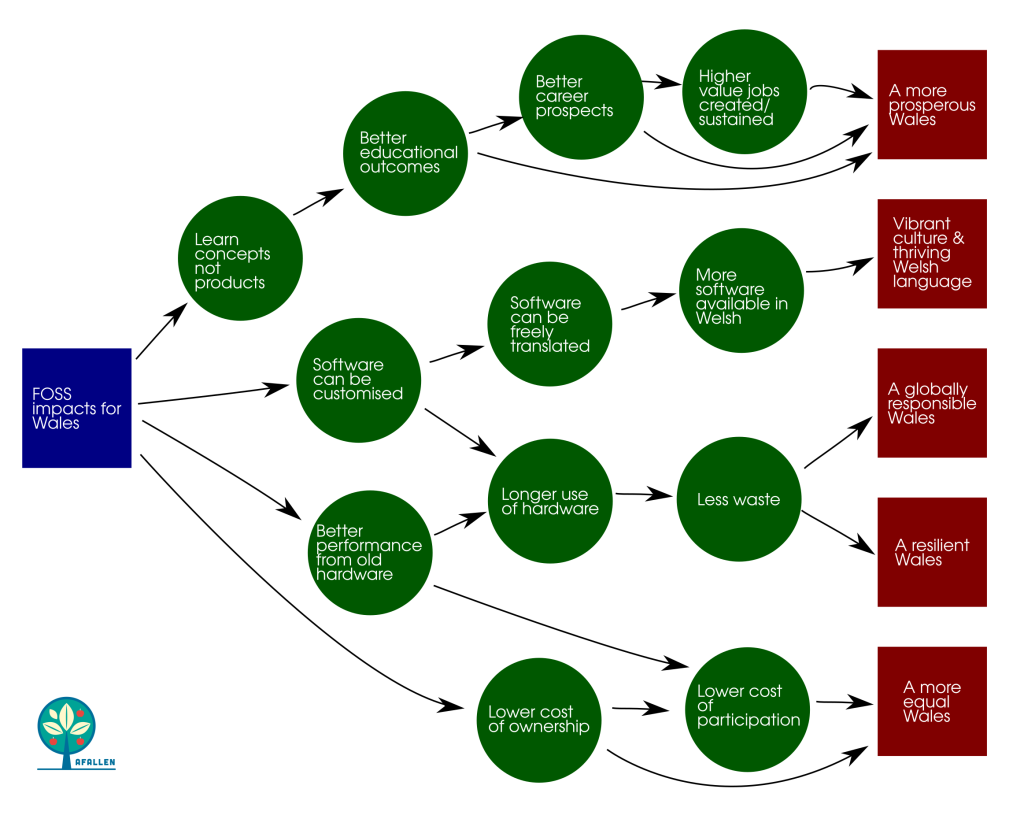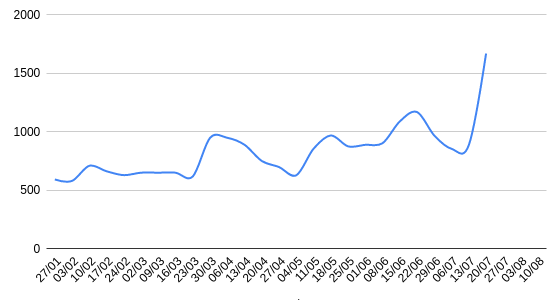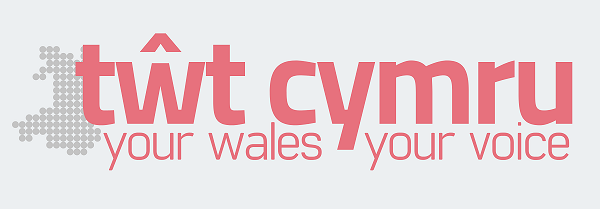Afallen Partner David Clubb was asked to give his thoughts about how Free and Open Source Software (FOSS) could help the third sector. This article was first published by Newid.
Header photo: courtesy of Marcus Winkler.
What is open source software?
Free and open source software (FOSS) is a category of software that follows the principles of freedom, specifically defined by four core freedoms:
- The freedom to run the program as you wish, for any purpose
- The freedom to study how the program works, and change it so it does your computing as you wish
- The freedom to redistribute copies so you can ‘help your neighbour’
- The freedom to distribute copies of your modified versions to others
While the underlying principles are crucial, what matters most to Third Sector Organisations like yours is the practical benefit: with FOSS, you’ll never face the risk of rising licence costs or surprise changes in terms. This gives you greater control and stability for your operations.
Adopting FOSS allows you to modify and adapt software to your needs. This is a great benefit for organisations operating in Wales as it makes it easier to translate the user interface into Welsh. Doing so is an essential consideration given our policy environment and the needs of our users.
Advantages and disadvantages of open source software
While the four freedoms inherent in FOSS ensure its cost-effectiveness and customisation potential, there are additional benefits that make it an attractive choice for Third Sector Organisations.
Some of these advantages include:
- Security: The transparent nature of FOSS code can lead to increased scrutiny, resulting in more eyes on the code to spot mistakes and enhanced security for end-users.
- Community engagement: FOSS projects often foster vibrant communities of users and developers who go above and beyond to support newcomers. This collaborative spirit is particularly rewarding when you’re able to pay it forward by sharing your own expertise with others.
Although the relatively lower levels of commercial support can mean relying on the community for help, this highlights the importance of considering the vitality and activity level of the underlying community when choosing FOSS software. Fortunately, there are straightforward ways to refine your search and ensure you select well-supported open-source solutions.
Finding alternatives to commercial software
FOSS solutions can rival and sometimes surpass their commercial counterparts. However, the biggest hurdle for non-profit organisations is typically identifying suitable FOSS alternatives that match or improve upon their current commercial tools. That’s where Alternativeto.net comes in, a dedicated search platform focused on software and web services.
For instance, if you’re looking for an alternative to Adobe Illustrator, simply visit Alternativeto.net, enter “Adobe Illustrator” into the search bar, and explore the available options. Inkscape stands out as the clear leader among FOSS alternatives to Adobe Illustrator, boasting over 2,000 likes, as well as being software that I can personally attest to!
Alternativeto.net’s filtering system allows you to narrow down your results by selecting only FOSS alternatives, giving you a clear indication of each software’s popularity. This can help you make an informed decision when choosing between different FOSS solutions, ensuring that you select one that is well-supported and popular among users.
Rather than trying to anticipate every software need of Third Sector Organisations in Wales, I highly recommend exploring Alternativeto.net and seeing if any suggestions can help you save money or improve functionality. This experimentation is an investment in education and learning, essential for growth and development. Given Wales’ productivity gap with respect to the other UK nations, adopting an exploratory approach like Alternativeto.net can serve as a catalyst for Third Sector Organisations in Wales to develop their internal capacity and expertise.
Self-hosting your own online services
So far we have only covered software that can be installed on individual machines. However, it’s equally important to consider tools that can benefit your entire organisation.
This is where we venture into the world of ‘self-hosting’ where Third Sector Organisations might initially feel apprehensive. However, there are some brilliant tools to significantly simplify the process of hosting online services.
One self-hosting solution I’m particularly fond of is Pikapods. This service offers an affordable, monthly subscription model that simplifies the deployment and maintenance of various online FOSS services for your organisation. It covers applications such as helpdesk systems, discussion forums, and accounting software. I’m currently using Pikapods for web analytics, messaging services and mailing list management.
I’m also a big fan of Softaculous, which is often bundled with web hosting services. This tool makes it incredibly easy to install FOSS packages like WordPress websites, invoicing tools, e-commerce platforms, and internal social media networks for organisations. If you’re not already using Softaculous, I recommend asking your web provider if they offer access to this feature.
How can FOSS revitalise old computers?
As they say:
“The most sustainable device you can own is the one you’re currently using”
Unfortunately, many technology companies design their products with a finite lifespan in mind, discontinuing support for security updates and effectively mandating that devices be replaced rather than refurbished or repurposed.
Linux offers a solution to this. Linux is a FOSS operating system that powers the vast majority of global servers, including the systems on board the International Space Station where reliability is vital. It is also increasingly being seen as an effective alternative to Windows or Mac operating systems and is becoming an important gaming platform in its own right.
Linux might sound technical, but you don’t have to be technical to use it. In practice, Linux systems can work as well as, or better than Windows or Mac. They are very well suited to older machines that struggle with the requirements of the latest Windows operating systems.
For example, Linux systems:
- Can be comparatively lightweight in their hardware requirements, generally needing less RAM and CPU power to attain similar levels of performance
- Are generally more secure due to the openness of the operating system, and the relatively small number of viruses created for it
- Do not come bundled with lots of unnecessary or annoying additional software
Many organisational tasks are now carried out in the cloud via a browser. This reduces barriers for organisations considering adopting Linux as an alternative operating system for older machines. So adopting Linux is a more sustainable and secure way of reducing IT equipment costs while minimising your environmental impact by repurposing equipment you already own.
Ubuntu and Linux Mint are good distributions for beginners as they are user-friendly and have large communities of support. For something that resembles Windows more closely, you could try ZorinOS. Here’s a recent guide for how to install Linux on one of your organisation’s old computers.
My top tips
- Encourage your colleagues to experiment with different tools or systems in a safe environment, for example by using hosting providers that automatically backup the systems on a daily basis
- Always consider a FOSS alternative when thinking about using software to solve a problem or offer a new service. Alternativeto.net is the go-to site for this research
- Be prepared to seek support online if you get stuck. Many people who work on FOSS projects are happy to offer free support.
- If you’ve experienced a big ‘win’ through adopting FOSS, share your experiences with other Third Sector Organisations to help generate wider benefits for Wales
- Follow the Tech4Good Cymru page on LinkedIn to hear about events in the sector, and to network and learn from like-minded organisations
My favourite FOSS tools
- Linux operating systems
- LibreOffice for all office-related work
- Inkscape for graphic design
- The Firefox browser
- Open source social media platforms such as Mastodon and Pixelfed
- Logseq for journaling, learning, meeting planning and as a personal CRM
- Zulip for team messaging
- NextCloud as an alternative to Microsoft or Google cloud services
Conclusion
FOSS offers a way for Third Sector Organisations to reduce the costs of doing business and delivering services. FOSS is inherently customisable, greatly simplifying the process of translation or providing other customisations necessary for staff or service users.
Whilst FOSS could bring the challenge of unfamiliarity for many users, there are thousands of active communities ready to support new participants. This provides a learning opportunity, which can help drive productivity.
Given the very low cost of trying FOSS in the workplace, why not give it a go; you may surprise yourself with what can be achieved using tools that welcome participation from anybody, no matter their social status, background or financial means.













One response to “Open source social media will save our democracy”
[…] Open source social media will save our democracy […]